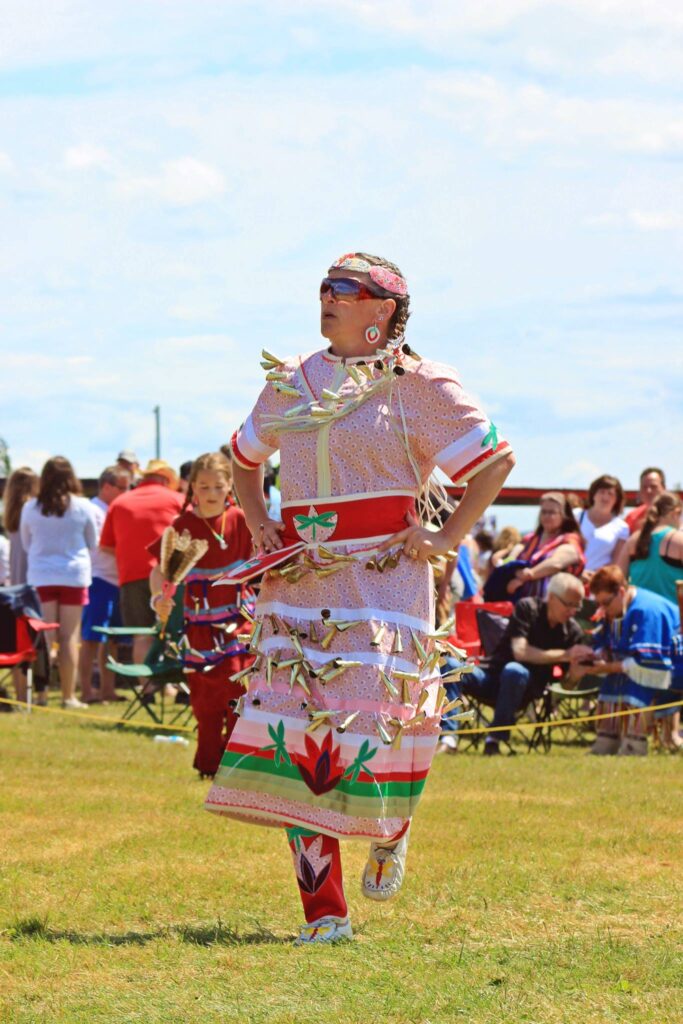It isn’t about placing blame, it’s about understanding history
Ella Burke
Kicker
Arlene Blanchard-White, a Mi’kmaw woman from St. George’s, says the term settler simply means those who were not the original first people of the land.
“The term came up just to differentiate between the first peoples of the land and people that have moved here,” said Blanchard-White.
Unlike racist and derogatory terms used against Indigenous peoples and communities, she says the term settler is not meant to be offensive, divisive, or place blame on anyone.
Catherine Kelly, who works with the Community Justice Connect which is a program of the Human Rights Commission, said conversations around colonial history or racism are rare. However, there are organizations starting to bring awareness to this.
“In the conversation around settler and indigenous, to me, it speaks to locating your role in that story,” said Kelly. “People who come from a settler story, the resistance of the term could very much be not really understanding it.
“I identify as a person who is white and a settler because that is the story of my family to this land,” she said. “And that’s a part of my role in truth and reconciliation.”

Blanchard-White says oral history is passed down through generations from elders. She says that this oral history shows that Indigenous people have lived in the province for so long that the amount of time is irrelevant.
According to NewfoundlandandLabrador.com: A Guide to Indigenous Culture in Newfoundland and Labrador, the Thule Eskimos, who are descendants of the Inuit, have lived in Labrador for centuries. And for thousands of years the island of Newfoundland offered resources to the first inhabitants known as the Maritime Archaic. Then came the Beothuk and Mi’Kmaq. The Innu people have been travelling Labrador for generations, eventually calling the Labrador interior home.
Kelly says there’s work and education that needs to be done in order to help people understand how they relate to history.
“There’s lots of resources online,” said Kelly. “It’s also about who you’re having these conversations with in your personal life.”
Reading the Truth and Reconciliation report and understanding what has happened to First Nations people, says Blanchard-White, in good first step.
“Understand and educate about some of the past processes that has happened,” said Blanchard-White. “And how we’ve been controlled by the Indian Act since the 1800s.
“Education is the key. And I think if we all did some exploring and educating ourselves, we’d understand why certain terms have to be used to differentiate between first nations and people who have moved here.”

Be the first to comment